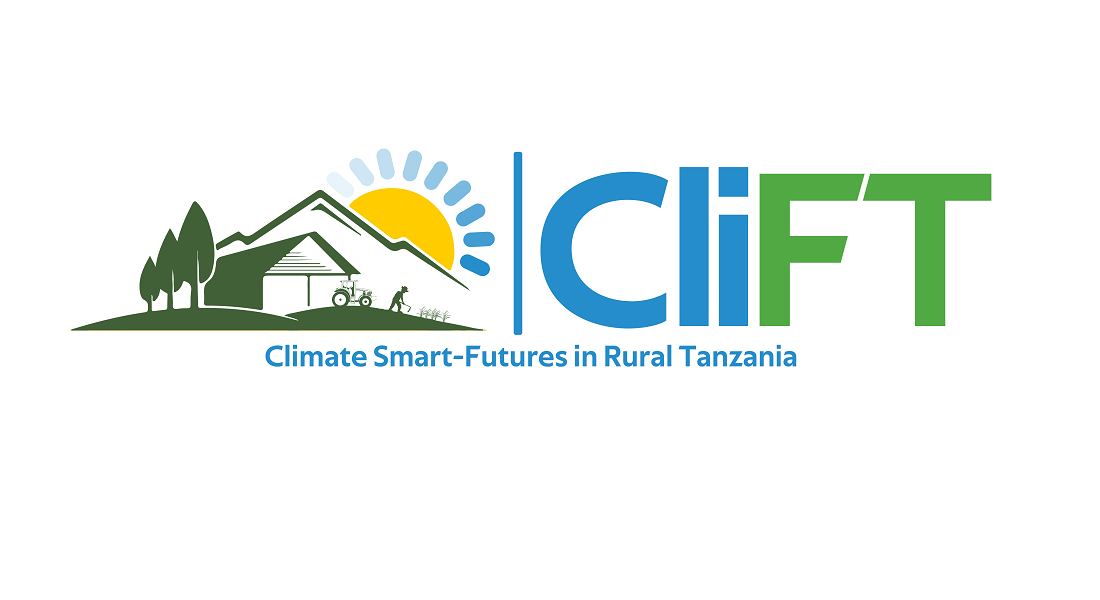Associate Professor
Arne Henningsen
Department of Food and Resource Economics
University of Copenhagen
We investigate the role of farmer organisations (FOs) in adopting climate-smart practices by smallholder horticultural farmers, particularly women and youth, in Tanzania.

African countries are disproportionately vulnerable to climate change as they are more dependent on rainfed agriculture, already face dry conditions, and have lower adaptive capacity. However, current climate change adaptation and coping strategies remain limited, which puts at risk livelihoods of the fast-growing rural population, especially women and young farmers. While it has been suggested that farmer organizations (FOs) could promote climate adaptation of their members, very little is known about the impacts and mechanisms through which FOs affect climate adaptation of their members, particularly the youth and women.
Our project aims to generate new knowledge on the role of FOs in climate adaptation and the underlying mechanisms linking FOs to climate adaptation using state-of-the-art social science methods. We will do this by using a randomized controlled trial (RCT), various other quantitative methods as well as qualitative methods.
The project consists of the following work packages (WPs):
UCPH-ECON
- Neda Trifkovic
DTU:
- Marcella Veronesi
Mzumbe University
- Aurelia N. Kamuzora
- Coretha Luoga Komba
- Jennifer Kasanda Sesabo
- Mursali Ally Milanzi
- Theobald Frank Theodory
SANREM:
- Zacharia Malley
TAHA:
- Eric Mwesigwa
- Ndeoya N. Mungure
TARI:
- Adolph Katunzi
- Ndabhemeye Mlengera
| Name | Title | |
|---|---|---|
| Arne Henningsen | Associate Professor |
|
| Goytom Abraha Kahsay | Associate Professor |
|